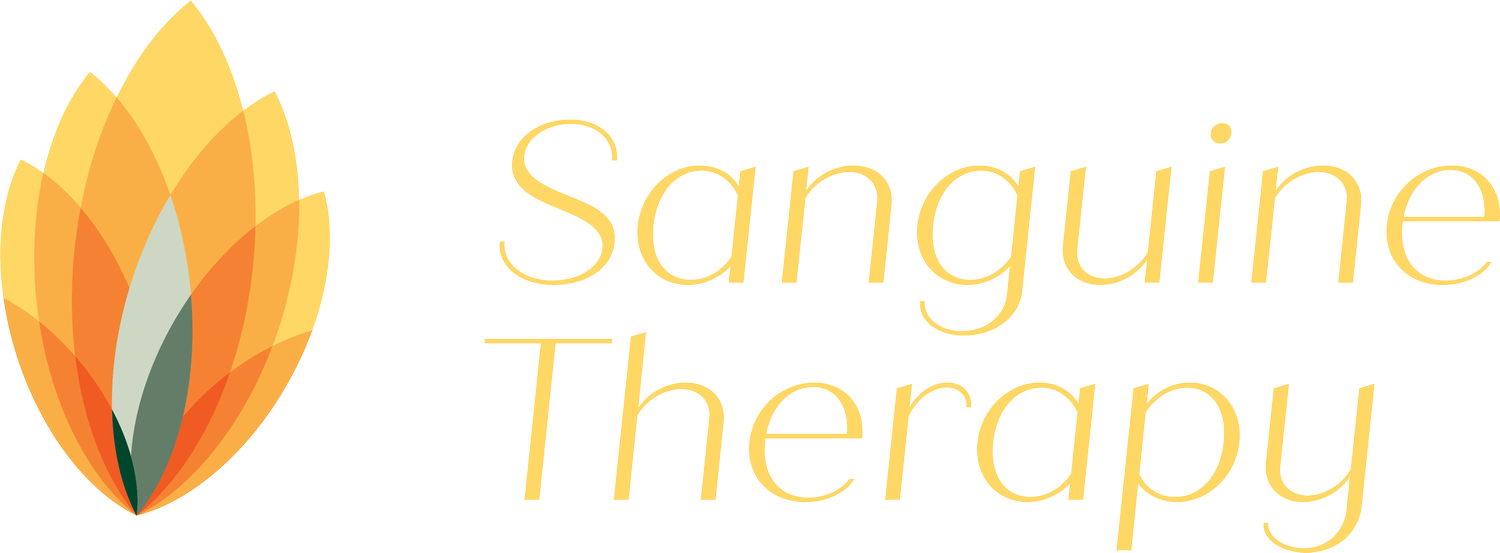
FAQs
Answers to your questions
FAQs
Here you’ll find answers to some of the most common questions people have about cognitive behavioural hypnotherapy. If you can’t find the answer to your question, I’m happy to help, simply get in touch
-
It begins with a free 20 minute consultation. If we proceed the first, longer session explores goals and what’s brought you to therapy. Subsequent sessions are 60 minutes and take place weekly or fortnightly.
I take an integrated approach to therapy exploring thoughts, feeling and actions, with compassion and at your own pace.
Hypnosis, mindfulness and relaxation will help build new patterns. You will receive resources and recordings to practise between sessions and embed change.
Most people start with 6 sessions and then we will review to agree next steps.
-
I work with adults (over 16) who want to make changes and are ready to explore what’s keeping them stuck and build self-awareness.
My clients are motivated to find new ways to connect with what matters to them and to try out evidence-based approaches in and between sessions – including hypnosis, mindfulness and relaxation - to learn new ways to move forward.
Symptoms I work with include general anxiety and low mood including constant worry and overwhelm, perfectionism and procrastination and specific anxiety (social, performance, eco/political distress, fears and phobias). I treat insomnia, sleep issues and stress and how it manifests in burnout, conflict and anger management. I also have a special interest in working with women who are experiencing peri-menopausal or menopausal symptoms and want to explore new ways to approach mid-life.
Important: Mental health conditions I don’t work with include severe, clinically diagnosed anxiety and depression, PTSD, psychosis, epilepsy or eating disorders. If you are having a mental health crisis please seek help immediately by calling 999 if you are in danger or 111 for urgent advice and support. You can contact Samaritans on 116 123 for free 24/7 or text SHOUT to 85258.escription
-
Hypnotherapy is a safe, natural and effective therapy. It uses your focussed attention alongside heightened suggestibility to make positive, lasting changes in your life. Think about how you feel when you're absorbed in a daydream - that’s what hypnosis feels like.
Despite common myths, hypnosis isn’t a trance, mind control or a sleep-state. You stay fully aware and in control throughout. You can speak, move, or pause the session at any time.
All hypnosis is self-hypnosis - it only works with your full consent and participation. It is safe and empowering as you use your motivation, imagination and attention to respond to suggestions.
In a therapeutic setting, hypnotherapy helps quiet the inner critic and - alongside Cognitive Behavioural Therapy (CBT) - allows you to explore thoughts, emotions and behaviour more freely. This combined approach with hypnotherapy can lead to insight and change more quickly than traditional talk therapy.
It’s especially helpful for anxiety, stress, sleep issues, low self-esteem, personal development, phobias, pain management and habits like nail-biting or smoking.
Every session is collaborative - I’m here to help you feel at ease, guide you through the experience, and support you as you work toward your goals.
If you’re curious about a practical, evidence-based approach to wellbeing, Cognitive Behavioural Hypnotherapy offers a gentle but effective way forward.
-
Hypnosis is safe when practised responsibly. You can’t get ‘stuck’ in hypnosis - that’s a myth.
-
Yes! And it works best if you're open to relaxing and engaging your imagination.
Cognitive Behavioural Hypnotherapy is particularly suitable for mild to moderate mental health concerns.
It may not be appropriate if you’ve been diagnosed with certain conditions such as severe anxiety or severe depression, PTSD, psychosis, epilepsy, or eating disorders. We’ll explore this together before you begin therapy.
-
Cognitive Behavioural Hypnotherapy (CBH) blends the structure of CBT with the power of hypnosis. It’s a modern, research-based approach to emotional and mental wellbeing.
I also draw on mindfulness, relaxation techniques, and elements of Acceptance and Commitment Therapy (ACT) to support meaningful change.
CBT is widely recognised for helping with anxiety, depression, menopausal symptoms and sleep issues. When combined with hypnosis, research suggests it can boost effectiveness by up to 70% (Ramondo et al., 2021).
CBH is practical and collaborative — designed to help you take action, feel more like yourself, and move forward with greater confidence.
-
Mindfulness in CBH includes present moment awareness, breathing techniques and letting go of judgement.
We may use ACT, a therapy that combines behavioural tools with mindfulness to help you engage with life more fully.
These approaches support emotional regulation and increase awareness of thoughts, feelings, body and environment - helping you respond rather than react.
This can be especially helpful for managing anxiety and conflict, as it allows you to recognise that difficult thoughts and sensations are temporary, they can be accepted and they don’t need to define you.
Used together, mindfulness and hypnotherapy can help you feel more grounded, relaxed and open to change.

“I found the therapy to have an immediate benefit”
—J, Musician, Bristol
Book an introductory consultation
There’s no commitment, pressure, or obligation.

